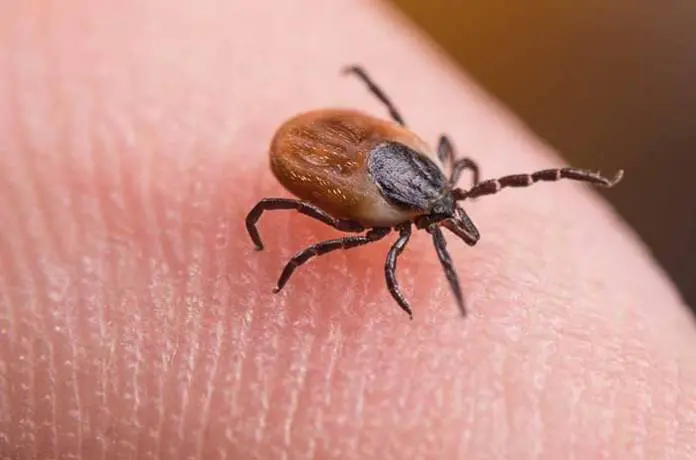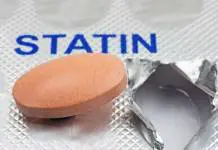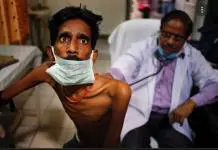
The Connecticut Department of Public Health (DPH) has announced the death of an aged woman from Powassan virus infection (POWV). The woman in her 90s is the second person to be infected with Powassan virus in Connecticut this year and the first to die from the infection, which is spread by deer or woodchuck tick.
The unnamed woman who lived in New London County was bitten by a tick and began to develop symptoms two weeks later. In May, she was admitted to the hospital and treated for fever, chest pain, and memory loss; and she died on May 17 after becoming unresponsive for nearly two weeks.
The first person to have POWV this year is a man in his 50s. The Windham County resident got bitten by a tick in March and was hospitalized for a central nervous system disease, but recovered fully at home following his discharge from the hospital.
DPH commissioner, Dr. Manisha Juthani, warned that ticks get more active in the fall and urged people to prevent being bitten. She asked people to use strong insect repellent this summer and to avoid grassy, brushy, or wooded areas where ticks are more common. She also asked people who go outside to bushy vegetation to bathe with soap immediately after they return indoors, and to wash their clothes to prevent bringing home ticks that could bite family members.
“POWV is usually spread through the bite of an infected black-legged or deer tick,” Juthani stated. “It takes a week to one month after the bite from an infected tick to develop symptoms of POWV disease, and the virus can be transmitted in as little as 15 minutes after the tick first attaches.”
Some people do not show any symptoms after being bitten by ticks, but others develop severe illness that emanates from the central nervous system. Some of the symptoms include fevers, seizures, inability to talk, loss of coordination, vomiting, and mental confusion among others. There is no specific treatment course or vaccine for POWV at the moment, and severely-affected patients may be hospitalized for intensive care.











